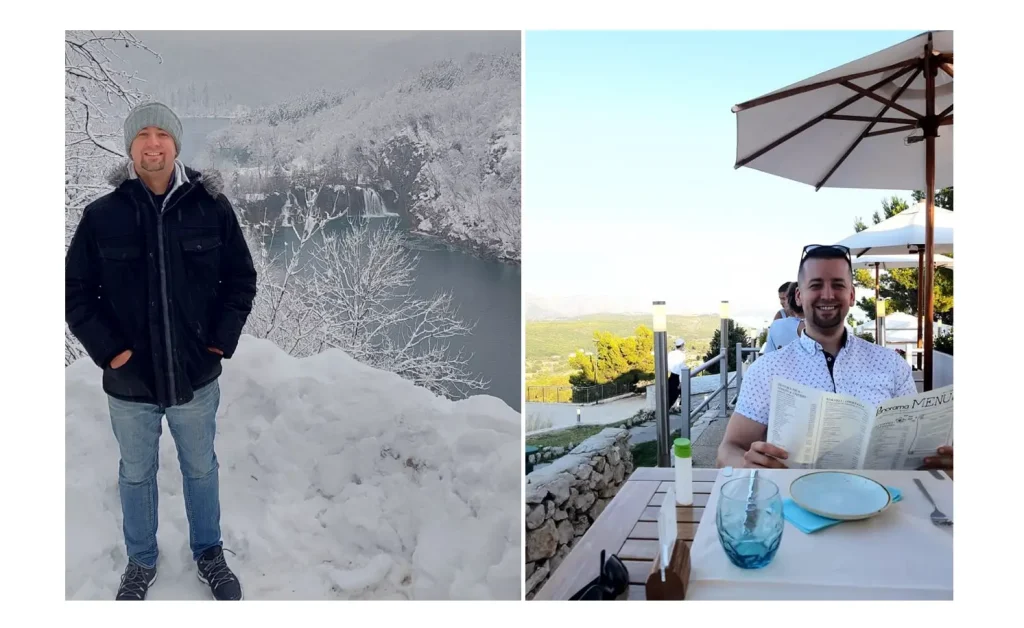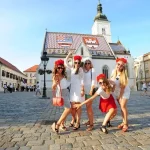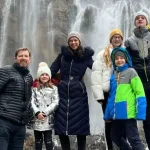I was born in Gospic, Croatia, in 1991. A great time to be born in ex-Yugoslavia (sarcasm). It was around the heat of the war, and at that time, my family, like many people during that time, were either living with family or moving from place to place in order to survive. At one point, my family also immigrated to Serbia to live with family from my father’s side.
In 1998, my parents decided to move my older brother and me to the states for a chance at a better life. A decision that, when I look back at times, is one that really helped save all of us, as it allowed my brother and me a chance for a better life than the one we would have had we stayed; we lost everything.
I’m a graduate of the University of Utah with two bachelors (Sociology & Business Administration), and I’ve been working in Digital Marketing for 10+ years.
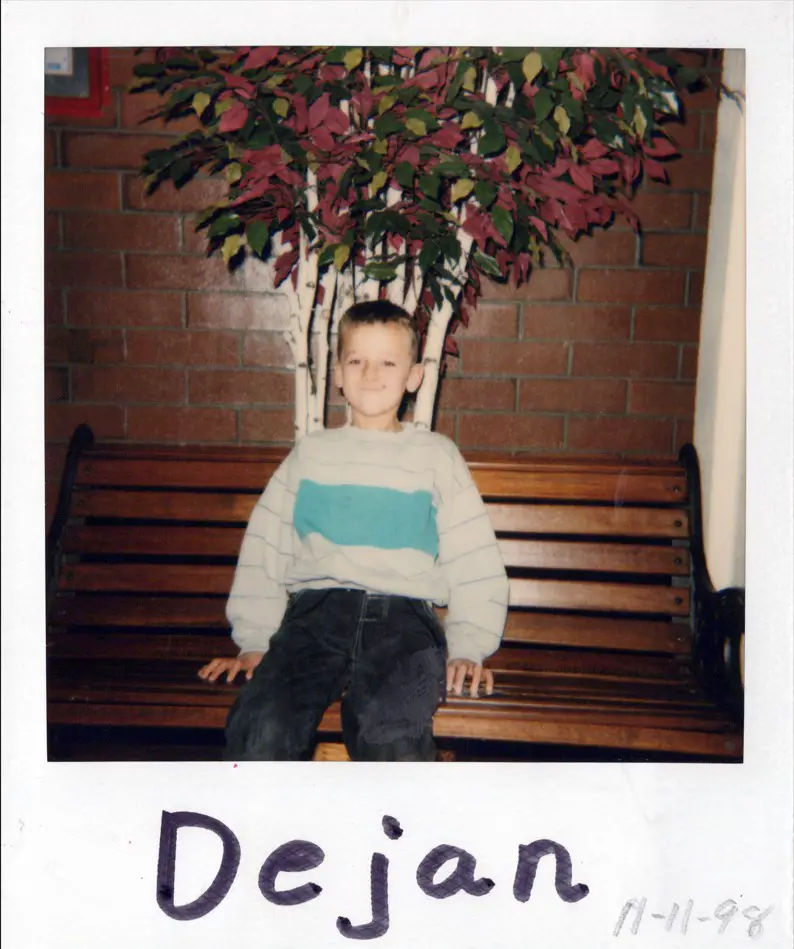
You made the switch to Croatia. Tell us a little about the decision process and how long it took for you to get on the plane?
Flying from Salt Lake City, Utah, to Croatia was expensive for my family, especially during the peak summer months, when we would typically go, so we went every 5-6 years. In 2014, my brother and I went just by ourselves, and that was when we decided we wanted to be back in Croatia for good. One thing is having an idea; it’s a whole different thing planning it.
I was still in college at that time, so my plan was finish that first. Then I told myself I needed a remote friendly job and before coronavirus there were really like 2 choices at the time; digital marketing or to be a programmer, I went with the former because it was more aligned with my studies. Being the planner that I am, that wasn’t enough. I also had to save up some money for those “what if scenarios” so I did that as well. Once I ticked off the boxes, one by one then I made the decision in 2019 to move back for good.
What did your family and community back home think of your decision at the time?
My parents knew about this, and supported the idea. Truth be told, growing up they would keep me and my brother tied to the culture as best they could and that honestly helped me realized how much I did want to go back.
As far as my friends, some were surprised and some were I’m sure envious/happy because there is a large part of our community regardless of where they are from the Balkans, that want to go back but again back to that question and answer from earlier, don’t know how to make it happen.
Where did you get your information about the realities of Croatia prior to coming?
I kept in touch with some family members in Croatia. Also, my parents were like the anchor and co-anchor for me and my brother, giving us news on what happened that day in Croatia. I found it silly and useless when I was younger but as I grew older I realized how important it was and how it helped me stay informed, even when I wasn’t living there.
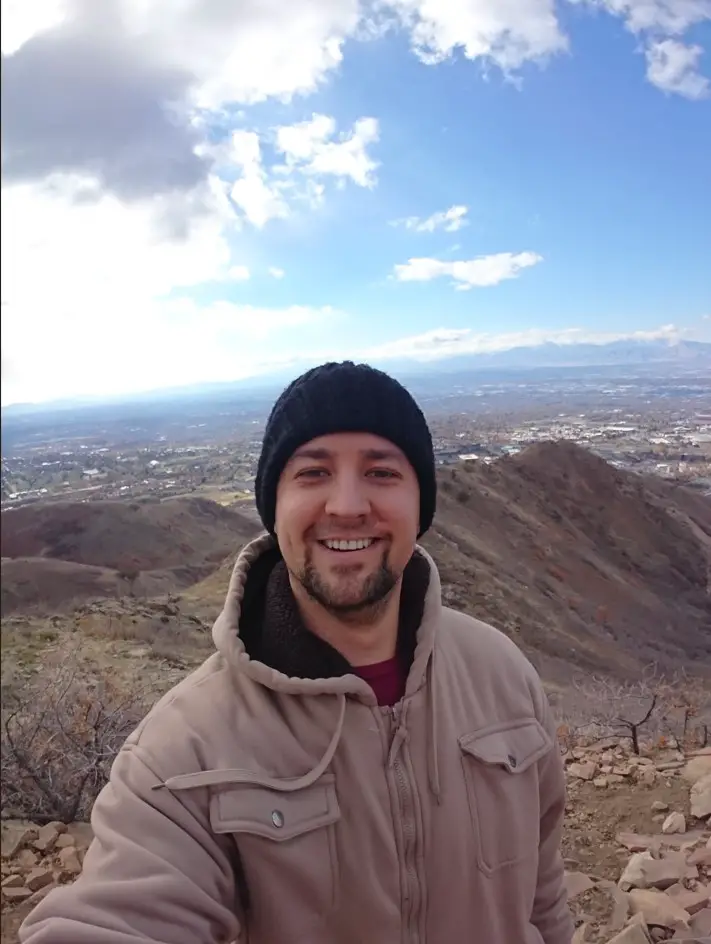
What were you most nervous about making the switch? What was your biggest fear, and how was the reality of what you found?
I think I was a bit shy speaking the language around locals because of my “American” accent, but also because I wasn’t sure how some would react given that my vocabulary was a mix of ex-Yugoslavian i.e., not Croatian specific words.
I quickly got over that because my personality is more “who cares” than anything else but it was in the back of my mind.
My other fear I guess would be the administrative stuff, yes, I know the language but I don’t know the law and how things “worked-worked” if that makes sense. One thing is to live here and be on vacation when all you need to do is order drink and food, but it’s a whole other thing figuring out how to get your health insurance. In the end, I can say it all came out good, because I made an effort to understand it and ask questions. I wasn’t shy to ask questions about whatever I needed to get done.
Think back to the time before you arrived. What were your perceptions about Croatia and how were they different from the reality you encountered?
Being born in Croatia, and parents born there as well, I never had that culture shock that perhaps others might get. I knew what to expect, for the most part. Sure, there were small things like “Oh I have to put my own groceries in the bags” but I realized that as cashier kept ringing items up and they weren’t being put into a bag. #spoiled
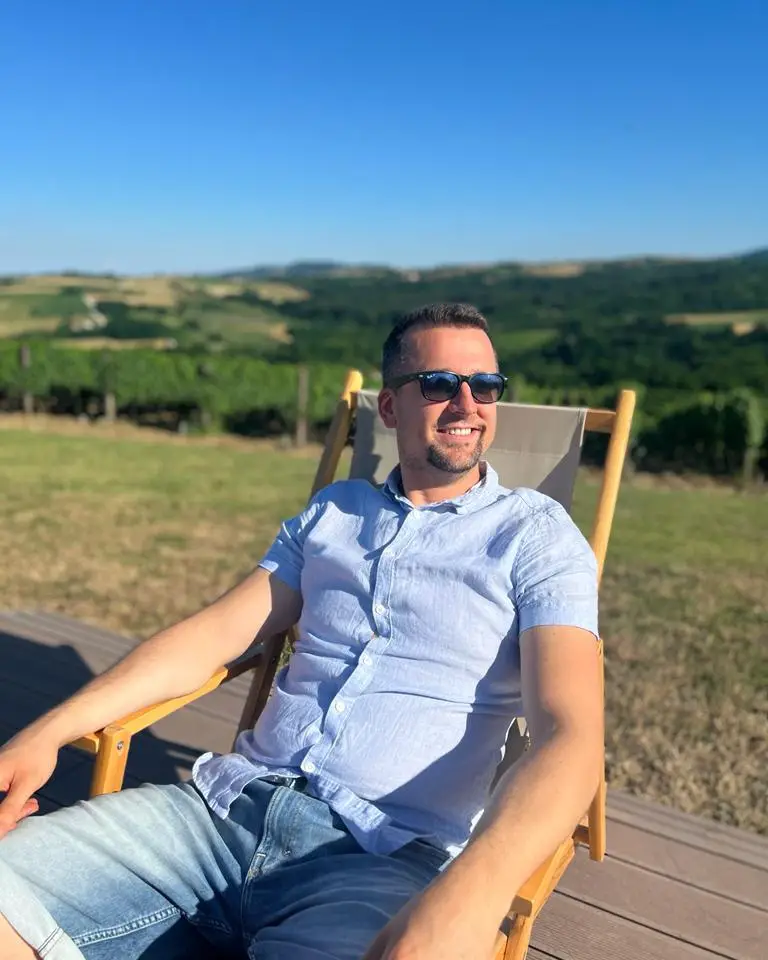
You are still here, so obviously the pros outweigh the cons. Tell us about some of the things that you love about being in Croatia, as well as some of the things you don’t like.
I like the slower pace of life in Split, the 2-3 hours of drinking coffee and just chilling and talking about what’s new in one’s life is so refreshing because in the states you don’t have that. If you do go out, its with friends on a Friday/Saturday to get drinks and repeat again, where as in Croatia you can see people throughout the week and I really like that.
While on the topic of friends, I value that people here REALLY do become friends and its not just surface deep as it is in the states. People actually help each other through the darkest times and remain friends for 10+ years, which again is a rarity in the states. I changed so many friends from high school to college, and from college to the work force. It must be nice knowing that you are friends with someone that saw so many phases of you and you of them.
The nature is second to none, and find it breathtaking throughout the country, not just in one region but throughout the country. One thing is pics you find on Google but it’s a whole different thing when your eyes sparkle and you just forget to blink.
I don’t like how some people treat the nature as their trash can, when I see people throw cigarette butts randomly on the beach or on the street, my blood starts boiling. When I first came back to Croatia, I would just be quiet but now I say something. I guess my inner-Balkan is waking up.
What advice do you have for others thinking about making the move from the diaspora?
I think like any place, you have to feel home and if you are of Croatian descent that is perhaps an easier path than those that have no connection to the country, but again its not impossible.
For the diaspora, I say this. Do you think you would be happier in Croatia, if so then make it happen. It doesn’t have to be one of those spurs of the moments that you go online to buy your tickets right now, rather think about. How will you pay for bills, how will you get income, will it be enough, etc. Sure, you don’t need to know the answers to everything but plan it out and if its looking good then you can decide to come here.
I say this because, moving from one country to another isn’t the easiest and its always much easier if you can immerse yourself in the country, without having to worry about financials.
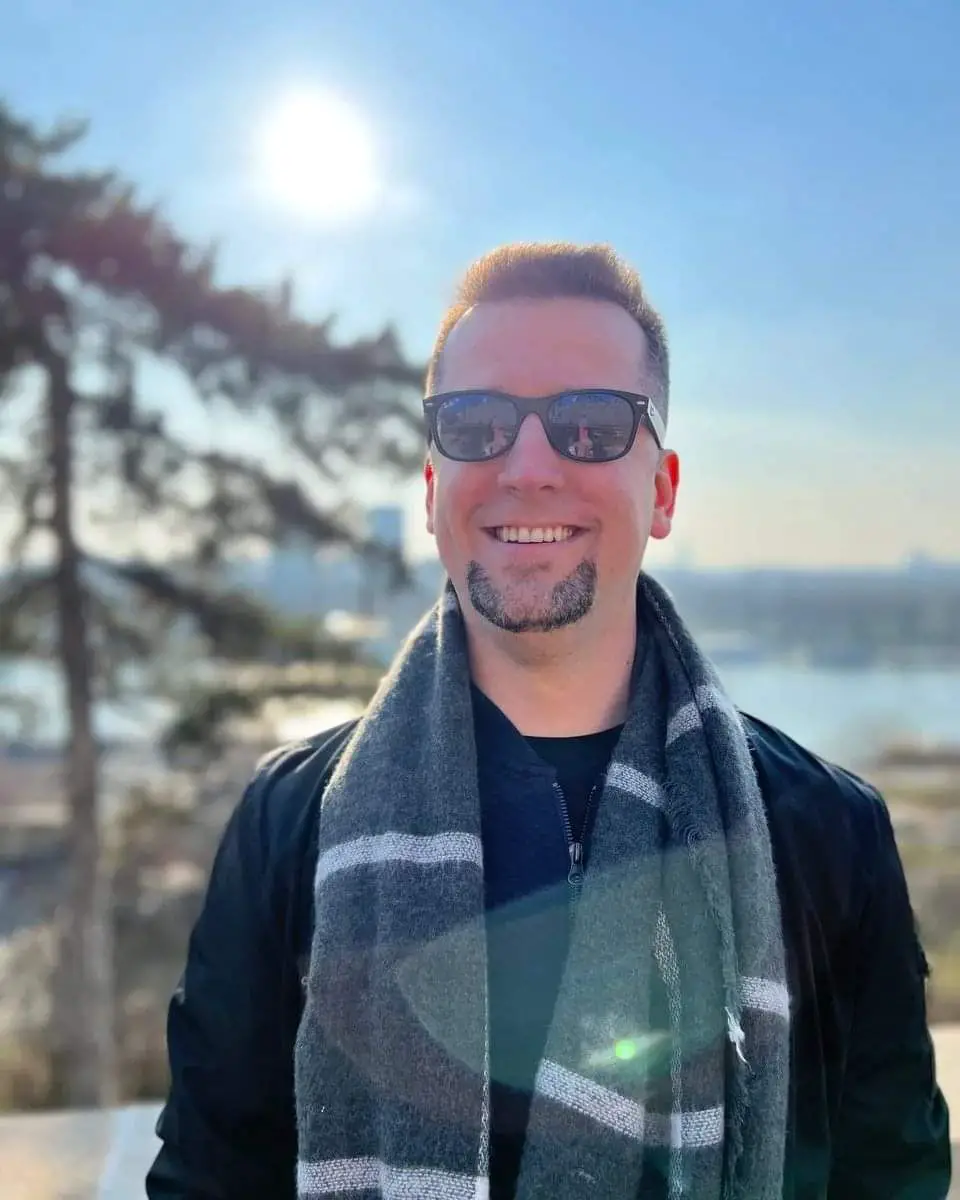
How do you think Croatia can better assist those who are looking to return to the Homeland?
I think the youth is the future, but we can’t lose our youth to other countries because they don’t see hope in their own country. This doesn’t just apply to the diaspora but also to the ones currently in this country right now. Mate Rimac is an example of someone from Croatia creating a world-class level company, and without having to leave Croatia. Obviously not everyone will have this happen but imagine if the Mate’s of Croatia take their brains to Germany or Austria or anywhere else, because they don’t see potential in their own homeland.
Nepotism must be wiped out. Doors must be open to those with ambition and not closed because they aren’t with XYZ political party or because they don’t have any friends/relatives in XYZ company.
Where can people reach you?
On LinkedIn
https://www.linkedin.com/in/cukdejan/
On Facebook
https://www.facebook.com/dejaninutah
And on Instagram
https://www.instagram.com/dcuk91/
****
Thanks, Dejan!
You can follow more stories in the Croatian Returnee Reflections series in our dedicated TCN section.
Would you like your returnee story – positive or negative – to be featured in this series? Contact [email protected] Subject Returnee.
****
What’s it like living in Croatia, and where can you get the best survival tips? TCN CEO Paul Bradbury and TCN Editor Lauren Simmonds have teamed up to publish Croatia, a Survival Kit for Foreigners.
Follow Paul Bradbury on LinkedIn.


